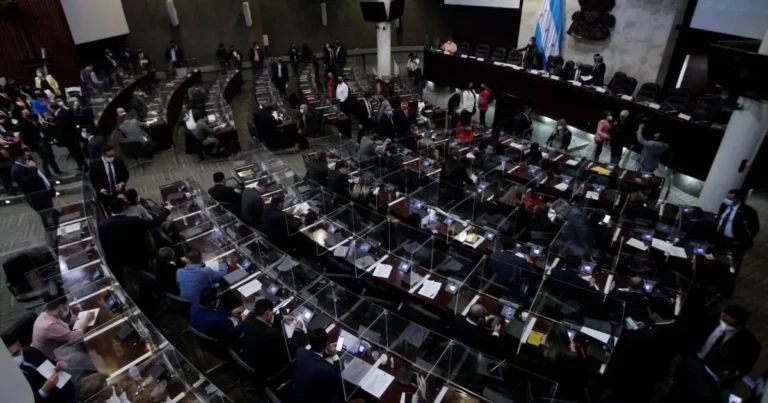Honduras’s political rules and system:
Political Rules & System of Honduras
1. Government Structure
- Honduras is a unitary, democratic, constitutional republic.
- Based on the 1982 Constitution, amended several times.
- Divided into three branches of government:
- Executive – President + Council of Ministers (Cabinet).
- Legislative – National Congress.
- Judiciary – Supreme Court of Justice and lower courts.
2. Executive Branch
- The President is both head of state and head of government.
- Elected by direct popular vote for a four-year term.
- Re-election was banned until a controversial 2015 Supreme Court ruling overturned the prohibition, making presidential re-election possible.
- The President appoints cabinet ministers and leads national policy.
3. Legislative Branch
- National Congress (Congreso Nacional) has 128 members.
- Members are elected by proportional representation for four years.
- Congress passes laws, approves budgets, ratifies treaties, and can impeach officials.
4. Judicial Branch
- The Supreme Court of Justice is the highest judicial body.
- Justices are elected by Congress for seven-year terms.
- Oversees lower courts and ensures constitutional compliance.
5. Political Parties
Honduras has a multi-party system, but historically dominated by:
- Liberal Party of Honduras (PLH)
- National Party of Honduras (PNH)
In recent years, new parties have gained ground:
- Liberty and Refoundation (Libre) – founded by former president Manuel Zelaya, currently the ruling party (President Xiomara Castro, since 2022).
- Innovation and Unity Party (PINU) – smaller, reformist party.
6. Elections
- Citizens aged 18+ can vote (mandatory in law, voluntary in practice).
- Supreme Electoral Tribunal manages elections.
- Voting is done every four years for president, congress, and local mayors.
7. Checks and Balances
- Honduras follows the separation of powers principle, but in practice, institutions are often influenced by powerful political elites.
- Military has historically been influential in politics (notably in coups, e.g., 2009 coup against Manuel Zelaya).
8. Decentralization & Local Government
- The country is divided into 18 departments and 298 municipalities.
- Each municipality is headed by a mayor elected every 4 years.
9. International Law & Treaties
- Honduras is a member of the UN, OAS, WTO, IMF, SICA, and CAFTA-DR.
- International treaties ratified by Congress have the force of law.
10. Key Political Rules
- No armed political groups allowed.
- Freedom of association and expression guaranteed (though sometimes threatened in practice).
- Term limits: President can now seek re-election (changed after 2015).
- Impeachment: Congress can remove high officials for corruption or misconduct.



